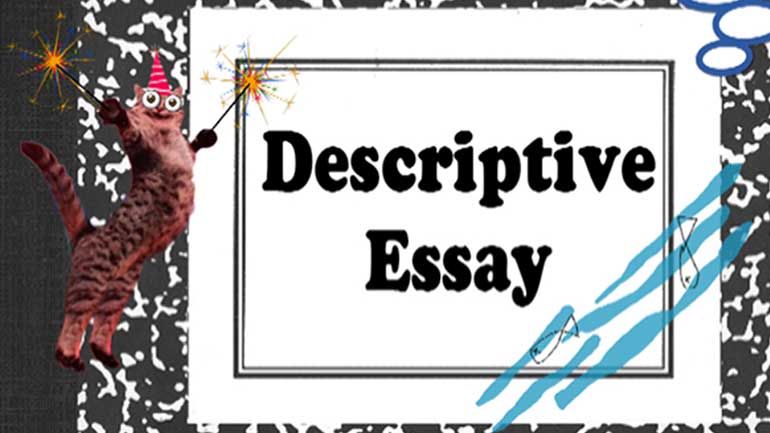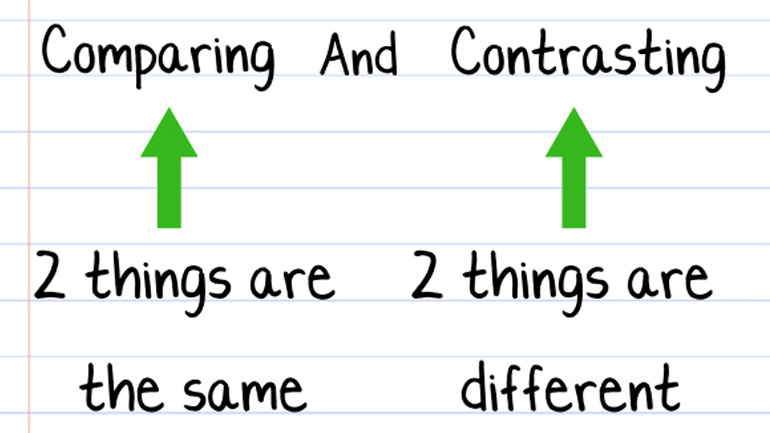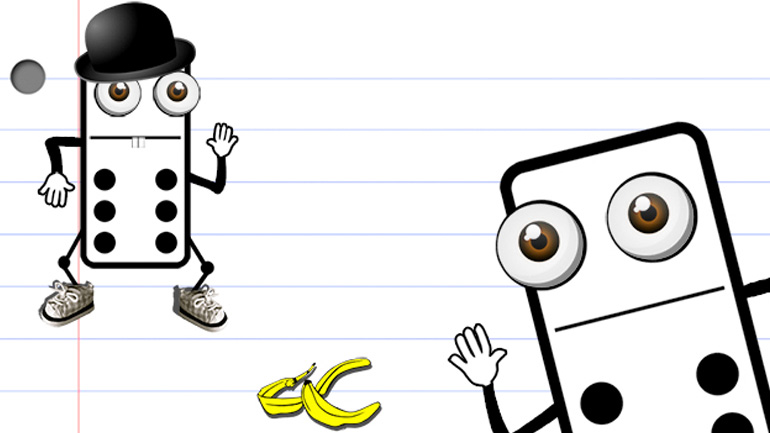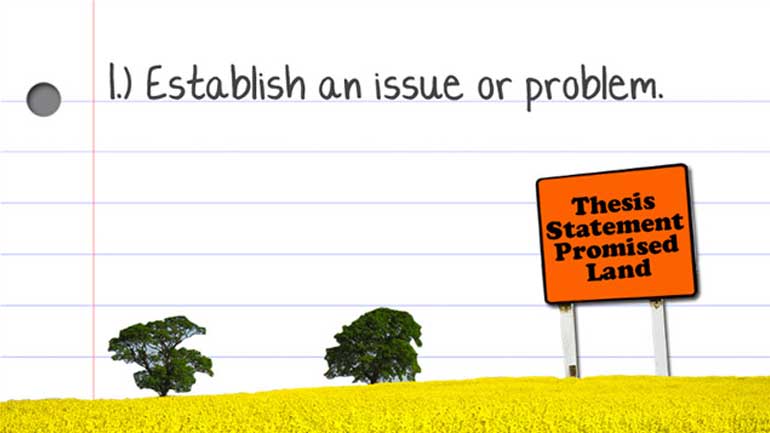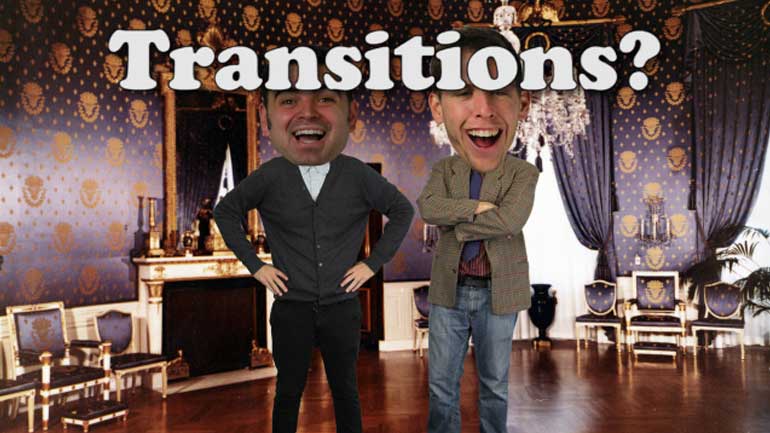ShmoopTube
Where Monty Python meets your 10th grade teacher.
Search Thousands of Shmoop Videos
Playlist How to Write an A Essay 30 videos
This video covers the top ten things to definitely not do in an essay and provides some tips for how to avoid them. Plagiarism and disorganization...
We like to say that the first step toward asking a good question is marinating in your thoughts. Uncle Bob's BBQ chicken isn't any good unless it h...
You should probably know what kind of essay you're writing before you actually start writing it. Just like you should probably know where you're go...
Using Citations Effectively 3757 Views
Share It!
Description:
You want to be as picky with your citations as Goldilocks was with her porridge—not too many, not too few... juuust right. You want to prove that you did your homework but that you're also capable of forming original thoughts.
Transcript
- 00:07
Using Citations Effectively, a la Shmoop. So you’ve finished your big research paper
- 00:13
and it’s looking pretty good.
- 00:14
You’ve got the margins right. A nice font size. You even spelled your name correctly.
- 00:20
But unfortunately, it’s not just about dotting your t’s and crossing your i’s. Or…
- 00:22
the other way around.
Full Transcript
- 00:23
There’s also a bit of bureaucracy. You need to make sure you’re using citations… and
- 00:28
using them correctly.
- 00:29
The most important thing to keep in mind is that you need to use citations to back up
- 00:34
your argument, not to make your argument for you.
- 00:38
Would you want your mom to go to school and pick fights with your friends?
- 00:42
Didn’t think so.
- 00:44
When writing an essay, however, it might be a good idea to… quote your mom.
- 00:47
Well okay… only if your mom is an authority in a certain field, like Jane Austen, Jane
- 00:51
Goodall, or some other… famous Jane.
- 00:58
Citing is as simple as including a quote to prove your point.
- 01:08
Your quote should be a part of your paper, in regular font. Not italics or bold.
- 01:12
You might be adopting your quote from another text, but you want to make it part of
- 01:28
your family.
- 01:32
If you’re getting your quotes from the Internet, make sure you match the formatting of your
- 01:36
paper.
- 01:38
A quote that stands out too much is as embarrassing as getting caught with your fly down.
- 01:43
Or up, depending on how you wear your pants.
- 01:45
If you are transcribing the quotes from a book, check, double check, and triple check
- 01:48
the quote for accuracy.
- 01:50
You do not want to misspell an author’s name or make a careless typo.
- 01:58
The snappier the quote the better, so keep them short.
- 02:00
You don’t want your reader falling asleep just as you’re gearing up to make your point.
- 02:06
Feel free to remove portions of the quote that aren't relevant, and replace them with
- 02:12
bracketed ellipses.
- 02:15
Don’t sacrifice context for brevity. It’s not as bad as sacrificing a goat to a pagan
- 02:20
hell god, but… close.
- 02:23
And while we encourage recycling…
- 02:25
We don’t endorse the recycling of quotes. Don’t ever use the same quote twice.
- 02:29
It just looks like filler if you do. Like the mystery meat they put into chicken nuggets.
- 02:34
So that’s how you cite effectively.
- 02:36
Keep it brief.
- 02:37
Explain why you chose the quote.
- 02:38
Format the quotes appropriately.
- 02:40
An essay is like a battle. Or at least like a really intense dance-off.
- 02:44
Good quotes are like backup dancers. Use them wisely, and don’t let them outperform you.
Related Videos
Want even more deets on wordiness? Click here to review. Or take a look at our entire grammar section for all the goods.
Want even more deets on tenses? Click here to review. Or take a look at our entire grammar section for all the goods.
Want even more deets on semicolons? Click here to review. Or take a look at our entire grammar section for all the goods.
Asking questions can help spice up an essay. Just make sure you don't get too spicy and forget to answer those questions. You don't want to leave y...
This video defines parallel structure and analyzes what makes it powerful (spoiler alert: sticking to a consistent part of speech, like infinitives...





